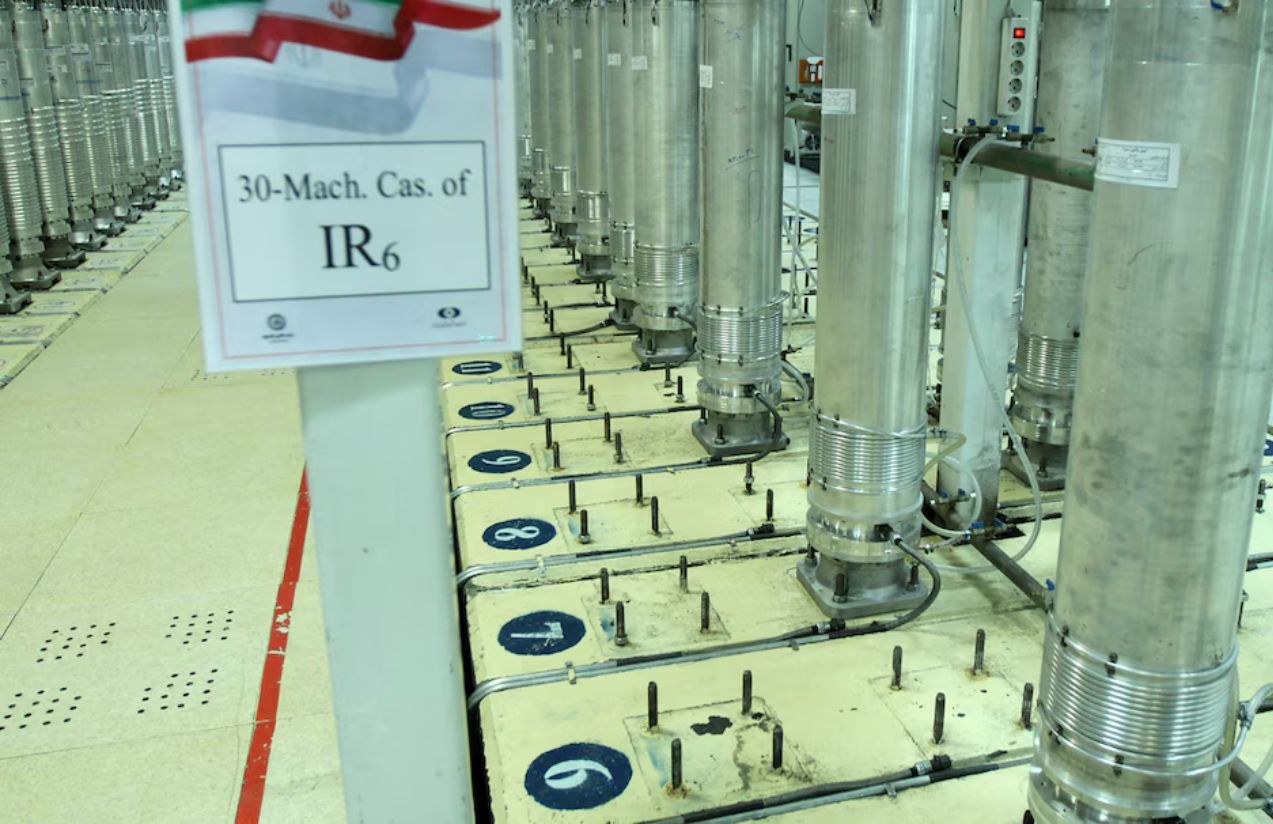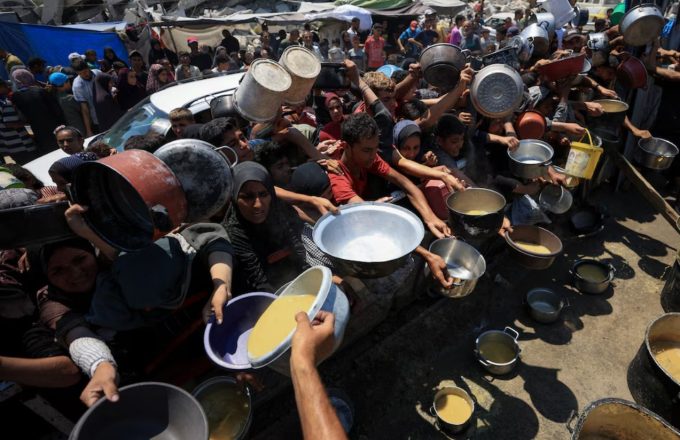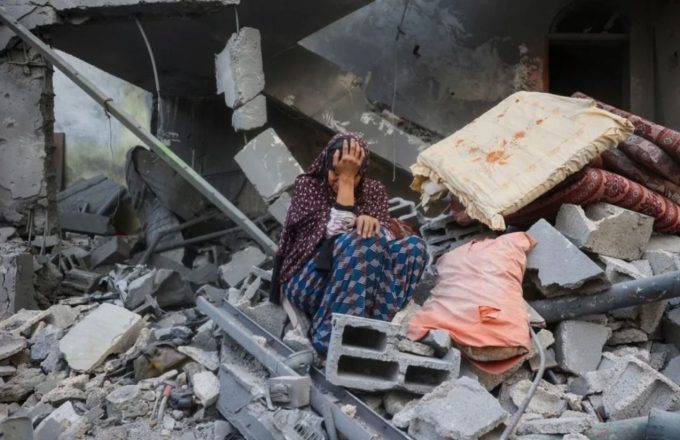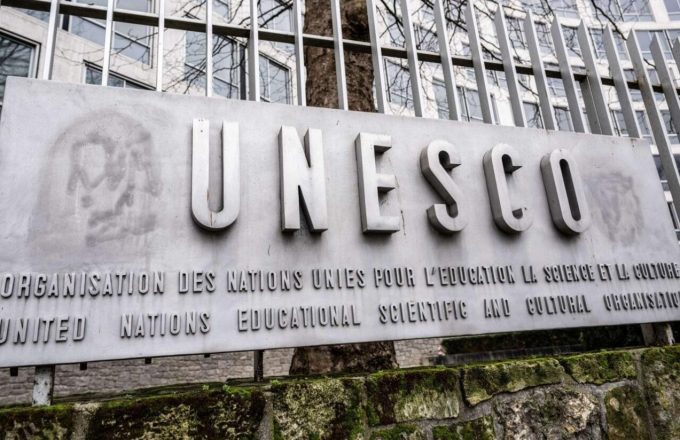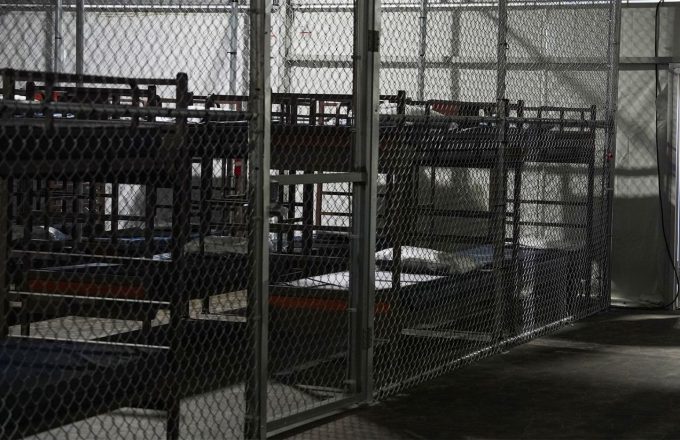On Wednesday, Israel carried out one of its most extensive aerial operations to date, targeting Iran’s nuclear program with over 50 fighter jets in a mission that lasted more than three hours. The strikes, carried out in three waves, destroyed key uranium centrifuge production facilities, according to Israeli officials and the International Atomic Energy Agency (IAEA).
“During the extensive operation, we struck a centrifuge production center intended to further the regime’s uranium enrichment efforts,” said Israeli military spokesperson Effie Defrin in a statement in Hebrew.
The IAEA confirmed that the strikes destroyed two buildings in Karaj, west of Tehran, where components for centrifuges were manufactured. Additionally, a research center in the capital—used for producing and testing rotors for advanced centrifuges—was also hit.
The direct confrontation between Israel and Iran began last Friday, when Israel launched its first open strike on Iranian soil after decades of covert warfare. The escalating conflict has stalled nuclear negotiations between Tehran and Washington, which aimed to limit Iran’s nuclear program in exchange for economic sanctions relief.
In a defiant response, Iran’s Supreme Leader Ali Khamenei rejected both the attacks and U.S. President Donald Trump’s call for “unconditional surrender.” In a televised address, Khamenei stated, “The Iranian nation will not accept an imposed war, just as it will not accept an imposed peace. We will never submit to anyone’s dictates.”
Tehran responded by threatening “punitive” retaliation and ordered the evacuation of major cities like Tel Aviv and Haifa. The Islamic Revolutionary Guard Corps later reported that it had launched hypersonic Fattah-1 ballistic missiles toward Israeli territory.
Early Wednesday, Israel activated its air defense systems after detecting ten ballistic missiles fired from Iran, most of which were intercepted, according to military sources. Two drones were also shot down over the Dead Sea region.
Since the beginning of the hostilities, Israel has bombed hundreds of Iranian military and nuclear sites, killing several top commanders and scientists. On Tuesday, the Israeli military announced the death of Ali Shadmani, described as wartime Chief of Staff and one of Iran’s highest-ranking military figures, close to Khamenei.
Israel has justified its offensive as necessary to prevent Iran from acquiring nuclear weapons—an objective Tehran repeatedly denies, insisting its nuclear program is solely for civilian purposes. Nonetheless, Israel, the U.S., and several Western allies remain skeptical, suspecting Iran’s real aim is to develop nuclear arms.
The cross-border strikes have claimed civilian lives on both sides: at least 224 dead in Iran and 24 in Israel, according to the latest official counts. In Tehran, panic has spread, with residents lining up at gas stations and bakeries as they scramble for supplies amid widespread shop closures.
The escalating crisis prompted President Trump to leave the G7 summit early to convene his National Security Council. The U.S. has bolstered its military presence in the Middle East by deploying the USS Nimitz aircraft carrier and preparing a special task force to assist American citizens in the region. Washington also announced the temporary closure of its embassy in Jerusalem until Friday for security reasons.


